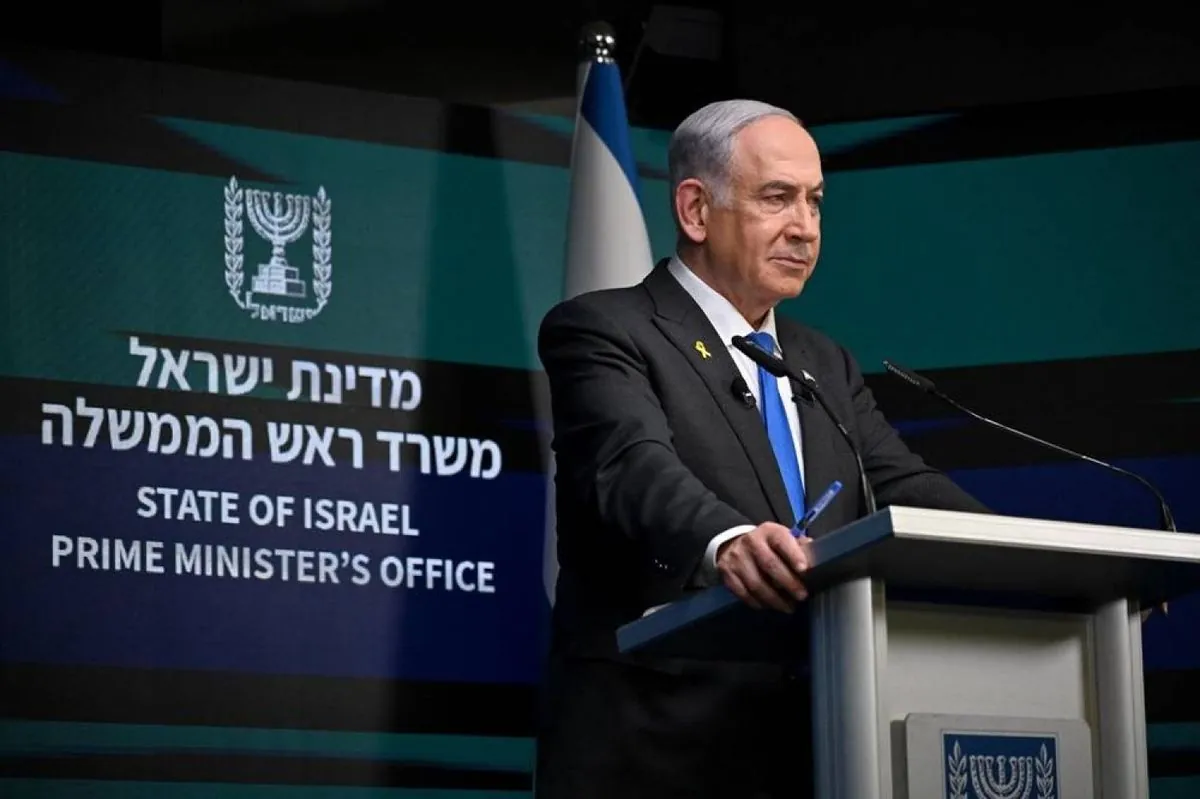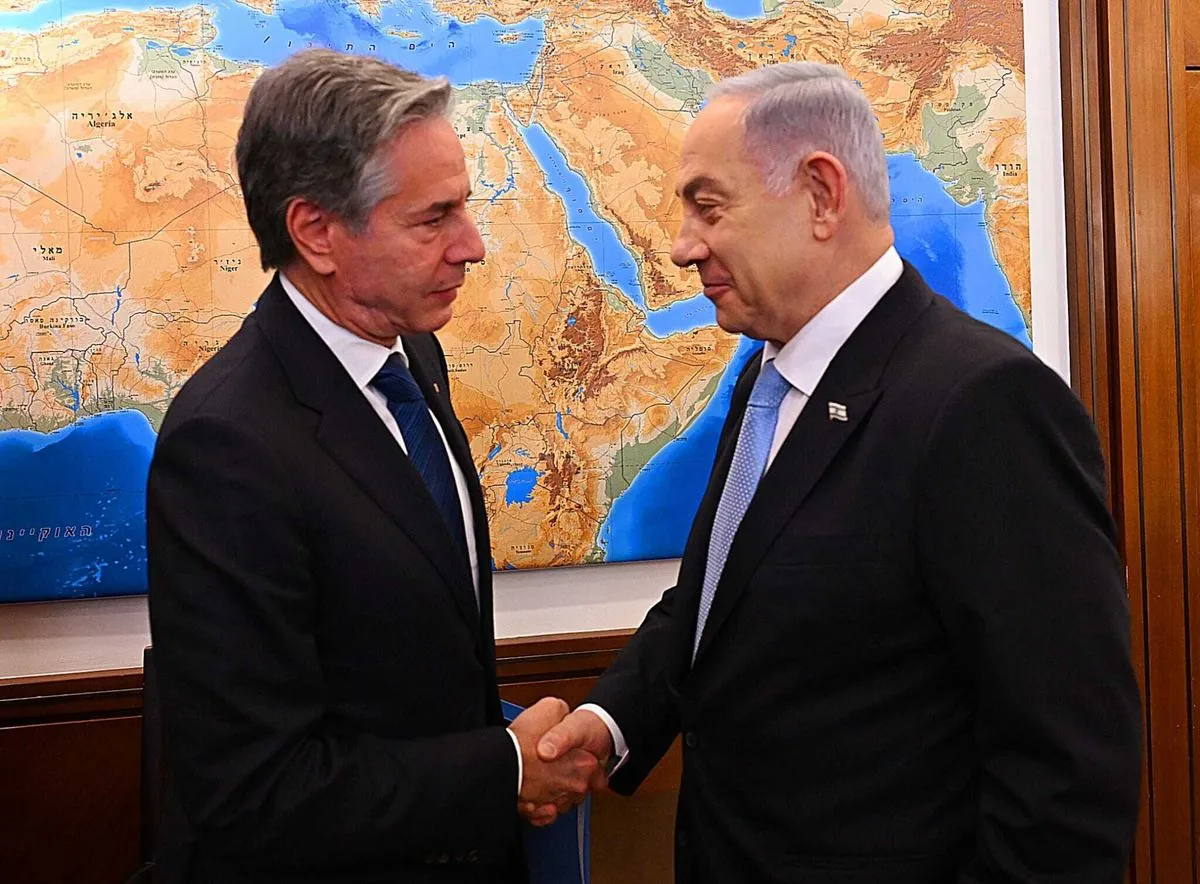Netanyahu's Mixed Signals on Gaza Border Withdrawal Puzzle Mediators
Israeli PM's public stance contradicts private negotiations on troop withdrawal from Gaza-Egypt border, confusing ceasefire mediators. Proposed three-phase deal faces hurdles amid political pressures.

In recent developments, Benjamin Netanyahu's public statements regarding Israel's presence along the Gaza-Egypt border have contradicted private negotiations, causing confusion among mediators working towards a ceasefire agreement. This discrepancy has emerged at a critical juncture in diplomatic efforts to end the ongoing conflict.
The Israeli Prime Minister has repeatedly emphasized the strategic importance of maintaining control over the Philadelphi Corridor, a narrow strip of land along the Gaza-Egypt border. However, according to sources familiar with the negotiations, Israel's spy chief, David Barnea, conveyed a different message to mediators on 2024-09-02.
"Israel's presence along the Gaza-Egypt border is a strategic imperative."
The proposed ceasefire agreement consists of three phases, including hostage exchanges and troop withdrawals. The framework, introduced in May 2024, outlines a six-week initial ceasefire that could be extended if both parties adhere to the terms.

Netanyahu's conflicting messages have raised concerns among mediators and analysts. Dahlia Scheindlin, a Tel Aviv-based pollster, noted that while the Prime Minister often employs tactical messaging, the current situation represents an extreme case of contradictory information.
The discrepancy has also frustrated Egypt and other mediators involved in the negotiations. The situation is further complicated by the political pressures Netanyahu faces domestically. He must balance demands from the public for a deal with opposition from far-right allies who view any agreement as capitulation to Hamas.
Yair Lapid, leader of the centrist Yesh Atid party, has criticized the government's approach, stating that ending the war is in Israel's interest. Meanwhile, families of hostages held in Gaza express growing concern over the prolonged negotiations.
The debate over the strategic importance of the Philadelphi Corridor has intensified recently. The Israel Democracy Institute's president, Yohanan Plesner, observed that the issue has gained prominence in public discourse, with opinions often aligning with views on Netanyahu's negotiation tactics.
As negotiations continue, the international community, including the United States, Egypt, and Qatar, remains engaged in mediation efforts. The situation underscores the complex interplay of regional politics, security concerns, and humanitarian issues that have long characterized the Israeli-Palestinian conflict.


































